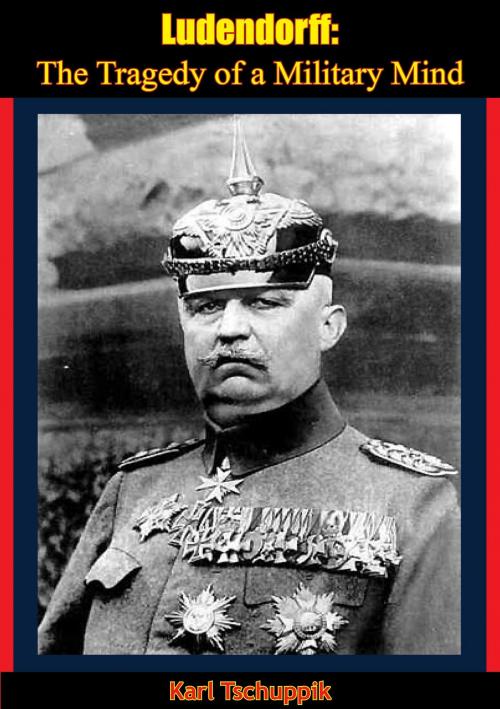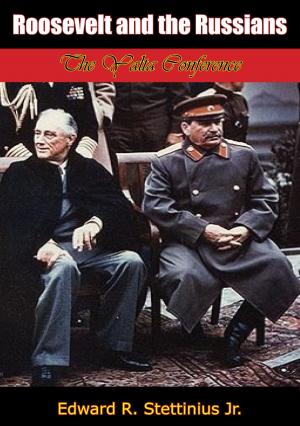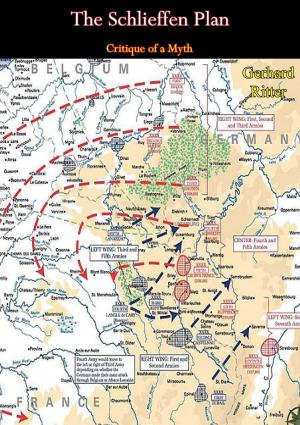Ludendorff
The Tragedy of a Military Mind
Nonfiction, History, Military, World War I, Germany, British| Author: | Karl Tschuppik | ISBN: | 9781787206083 |
| Publisher: | Eschenburg Press | Publication: | June 28, 2017 |
| Imprint: | Eschenburg Press | Language: | English |
| Author: | Karl Tschuppik |
| ISBN: | 9781787206083 |
| Publisher: | Eschenburg Press |
| Publication: | June 28, 2017 |
| Imprint: | Eschenburg Press |
| Language: | English |
Some historians postulate that the First World War would have ended several months earlier if it were not for the successful strategy and deception employed by German President Paul von Hindenburg (1847-1934) and General Erich Ludendorff (1865-1937) of the German High Command.
It is believed that both Hindenburg and Ludendorff realized as early as 8 August 1918 that victory was not possible; however, neither could conceive of accepting defeat. Therefore, in late September 1918, a carefully planned ‘revolution from above’ resulted in the High Command being placed under government control which gave Hindenburg and Ludendorff the opportunity to shift the responsibility of seeking an armistice and military defeat from the High Command to the civilian government and the Reichstag.
First published in its English translation in 1932, this book by Austrian writer and journalist Karl Tschuppik is an analysis of Erich Ludendorff. The author demonstrates the power the High Command had over the Chancellor and Kaiser, and the book provides a useful in understanding the High Command’s power and for obtaining quotations regarding the High Command’s power.
Some historians postulate that the First World War would have ended several months earlier if it were not for the successful strategy and deception employed by German President Paul von Hindenburg (1847-1934) and General Erich Ludendorff (1865-1937) of the German High Command.
It is believed that both Hindenburg and Ludendorff realized as early as 8 August 1918 that victory was not possible; however, neither could conceive of accepting defeat. Therefore, in late September 1918, a carefully planned ‘revolution from above’ resulted in the High Command being placed under government control which gave Hindenburg and Ludendorff the opportunity to shift the responsibility of seeking an armistice and military defeat from the High Command to the civilian government and the Reichstag.
First published in its English translation in 1932, this book by Austrian writer and journalist Karl Tschuppik is an analysis of Erich Ludendorff. The author demonstrates the power the High Command had over the Chancellor and Kaiser, and the book provides a useful in understanding the High Command’s power and for obtaining quotations regarding the High Command’s power.















